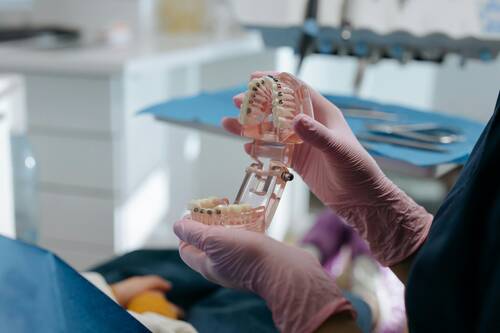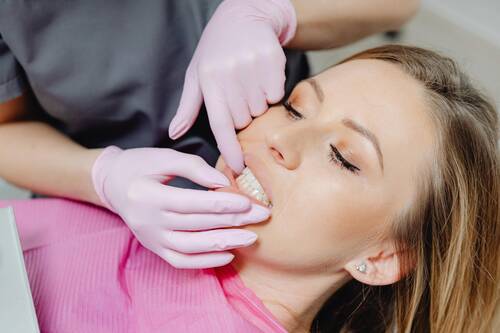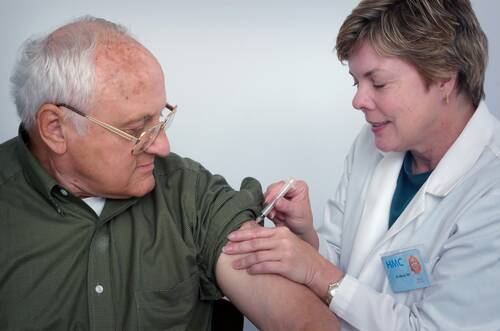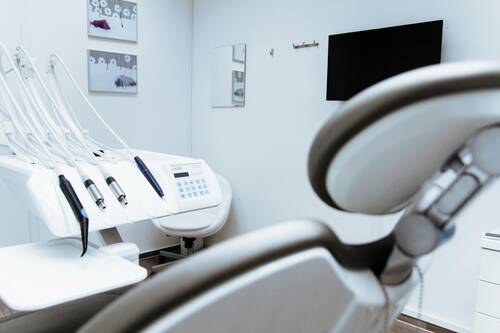General dentistry is the foundation of oral health. It promotes gum, tooth, and mouth health while emphasizing the prevention of issues before they have the chance to grow into bigger ones. Dental visits to a general dentist can mean not needing to spend money on costly procedures. Understanding why everyone needs general dentistry comes from realizing just how vital it is.
The Importance of Preventive Care
At the heart of dentistry is preventive care. It includes basic dental exams, check-ups, and cleanings that all work together to help maintain healthy, strong teeth and gums. A general dentist can spot small problems before they grow into big ones.
Plaque and tartar — unwanted gunk that builds up on teeth — lead to cavities and gum disease. Plaque — which is a sticky film of bacteria — hardens into tartar if it’s not cleared away. At home,
brushing and flossing control plaque, but they won’t remove tartar. It should be professionally cleaned by a dentist to help prevent gum disease and dental issues associated with tartar build-up.
Dentists also take X-rays during the checkup to identify problems not visible to the naked eye, such as impacted teeth, hidden cavities, or bone loss. The sooner you discover such issues, the less costly and easier they are to resolve. For example, you might get a small cavity filled, but if you don't keep coming in, that cavity's going to progress to the point where you need a root canal.
General dentists also look for signs of gum disease. In its first stage, gingivitis produces red, inflamed, and bleeding gums. If identified early, gingivitis is easy to treat. Untreated, however, it tends to progress to periodontitis, a more serious condition that requires complex, costly treatment.
(more…)





 Navigating life during this phase means adopting new habits, promoting a strong support system, and prioritizing mental and emotional well-being. This article will explore all the essential steps toward healing and recovery for those who have overcome the addiction challenge and are striving to build a fulfilling life.
Navigating life during this phase means adopting new habits, promoting a strong support system, and prioritizing mental and emotional well-being. This article will explore all the essential steps toward healing and recovery for those who have overcome the addiction challenge and are striving to build a fulfilling life.
























